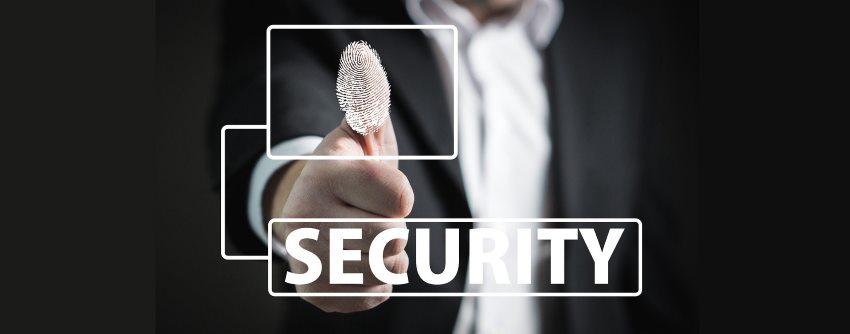Virtual Private Networks (VPNs) have been experiencing major growth recently for various reasons. It doesn’t matter what you do online or where you come from, a trustworthy VPN can protect you from malicious intruders and other security threats.
But there is one thing in common for every VPN user out there and that is the question: Can a VPN (free of paid) be traced? The short answer is: Yes, a lot of free VPNs (and even paid!) can be traced.

You can’t just use a VPN and expect it to guarantee superior and bug-free service forever. It’s not “set it and forget it” kind of a deal, but rather a complex system that requires additional research and extra caution. In order to make it work properly, you must bear in mind 5 dangers of using free VPNs:
A common misconception among VPN users is that they are totally anonymous. While some paid VPNs may provide users with full anonymity, free VPN ignore this.
What a free VPN can do, however, is to keep your online actions private. For instance, local authorities might be able to reveal your identity, but they cannot see what you are doing online. With a paid VPN - your identity and online activity are hidden
This fact about VPNs is closely related to the first one on our list. Namely, the vast majority of free VPN providers will store at least a couple of information about your identity.
The general rule of thumb is to see VPNs handling users’ email and payment data. This is completely natural because you need to type in your email address to install a VPN, while payment information is necessary for periodical transactions. Apart from that, a trustworthy VPN service will not ask for additional data nor keep your browsing records, IP addresses, sites visited, and duration logs. On the other hand, less reliable providers will sell your personal browsing information to advertisers.
If you are worried about local authorities following your online work, you should know that the government can track you despite the VPN (free or premium). It’s not a common thing, but it is possible in case the regime is oppressive and authoritarian.
ISP will reveal that you are using a VPN connection, after which the government can ask your provider to send your private information. But if your VPN provider is reliable, you don’t need to worry about it since there will be no data to show whatsoever.
Trust.Zone is a VPN service under offshore jurisdiction, out of 14 Eyes Surveillance Alliance. There is no data retention law in Seychelles. So, your internet activity cannot be monitored by government or your ISP
Paid and free VPNs are not the same. Every VPN provider is trying to fulfill the same purpose, but not all of them are equally successful at it. On the contrary, there are over- and underperformers just like in any other industry out there, so you ought to be careful when selecting the provider.
This is particularly the case with free VPNs because they usually keep records of your online habits in order to sell it to third-parties and advertisers. In other words, paid VPNs are likely to give you a higher level of protection than free versions.
Almost every VPN provider brags about its “no logs” policy, but that’s rarely ever the truth. You should always read a given provider’s privacy policy before choosing your VPN host. It will save you from intrusive advertisers and probably even prevent malicious attacks and other security breaches in the future.
The Bottom Line
Free VPNs are not almighty and they can be traced if you do not pay attention or fail to use a reliable provider. With a premium VPN you get more protection – zero-logging policy, no tracking and safe browsing online
AUTHOR BIO
Leon Collier is a cybersecurity expert and a part-time blogger at several PhD dissertation writing services. He is interested in various topics, including online security, business, finance, and marketing. When not writing, you can find Leon behind a book or playing tabletop games with his friends. Follow him on Twitter @LeonCollier12